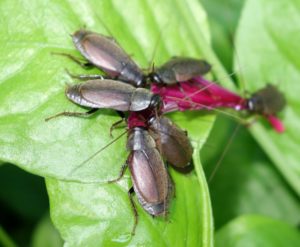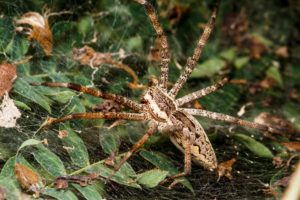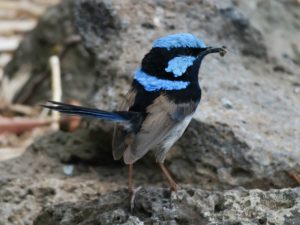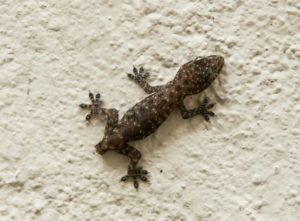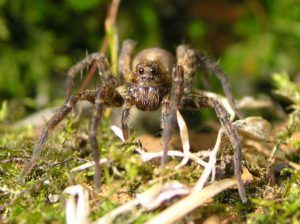ZALA HUB
Wisdom on Zala Hub is from the natural world. Applying it can help you escape to a better place!
Wisdom on Zala Hub is from the natural world. Applying it can help you escape to a better place! We discern wisdom from what we see, listen to, and smell from the natural world, animals, plants, birds, and insects, visible and invisible.
A Zala Hub, we even have a saying: Life is amazing! Helping people to achieve their goals and dreams is our primary goal. Our mission is to provide support, guidance, and the resources necessary to empower you to reach your goals. We provide online courses, tools, and resources to help to succeed. So, when you join the Zala tribe, you will uncover the truth that life can be better.
Everyone has the potential to achieve success. We are passionate about helping you on the road reach your goals. With ZalaHub.com and Zala Lessons.com, you can:
- learn the skills
- gain knowledge
- make the necessary connections and drive out of the woods towards success quicker.
Please explore our courses and resources. Then, become a Zala tribe member and escape to a better place. Let's make your dreams a reality!
Let us now dive into nature's pool and learn about all sorts of birds, insects, plants, and animals.
Let's go!
Every niche has myths. The natural world is no exception. So let us dispel three myths about animals, birds, and trees. It will show you how much wrong information is circulating out there.
Wisdon on Zala Hub: Myth #1 "You'll Never Believe What We Discovered: Birds Don't Cheat on their Mates!"
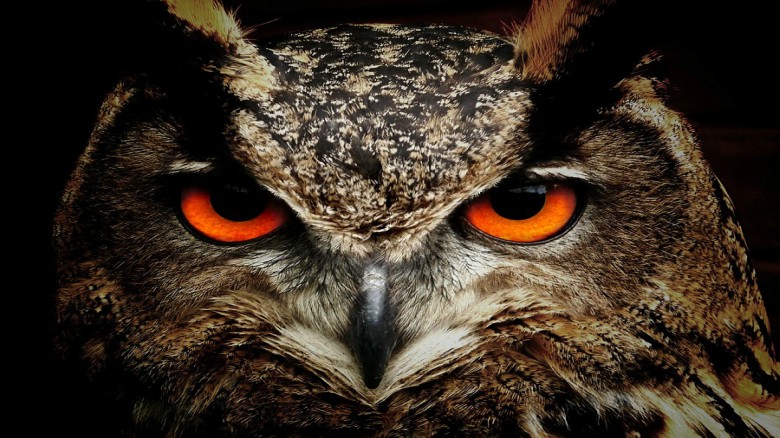
Some species of birds stick to one mate for life. For example, stocks, eagles, wandering albatrosses, geese, cranes, and swans get married and stay together until one of the partners dies.
Almost all birds 'marry' and 'divorce.' But most stick to one partner for years or months, depending on the bird species. For example, while the wandering albatross remains faithful to its mate until death, divorce rates among flamingoes are about 99 percent.
Secondly, consider songbirds. Males who sing complex songs attract females the most females. And DNA testing has proved that approximately 40 percent of chicks result from illicit relationships.
"The Unconventional Romance Roller Coaster: Unfaithful Mates Energetically Care For Each Other!"
Many birds are unfaithful to their mates. But neither of the mates takes it to heart. Instead, each continues to care for the other. Some males even feed the females and chicks, although not the biological fathers. This promiscuous behavior is typical among eastern bluebirds. Either the male or female is concerned about the behavior of the other.
Some mistakenly believe that birds abandon their mates for another because they get fooled that they do it blindly. On the contrary, there is convincing evidence that birds can tell a stranger from a neighbor from their voice.
Furthermore, they are pretty intelligent, even remembering where they nested the previous year. In addition, parrots can imitate a wide variety of animal and human voices. Moreover, some species of birds can use simple tools.
Wisdom on Zala Hub: Myth #2 "Camel's Humps Make Scientists Feel Envious: Humps Safely Store Fresh Water for the Long Haul!"
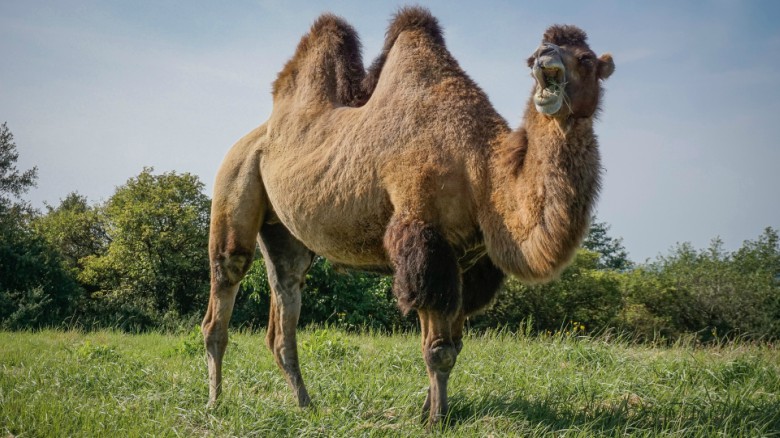
Many people believe that camels can survive longer without water than other animals because they store water in their humps. However, it is a fact that in just three minutes, an average camel can drink 53 gallons (200 liters).
Let me tell you; camels survive longer for a different reason.
Firstly, a camel can avoid dehydration due to its oval-shaped red blood cells. Secondly, the hump is a mass of fat that, when fully grown, provides camel energy equivalent to three weeks of food. Third, the camel's bloodstream is the primary reservoir of water.
Forth, the camel's kidneys are ultra-efficient, letting out as little water as possible. As a result, the camel's urine is as thick as syrup, which is impossible with other animals. And finally, the intestines of a camel are engineered for water conservation, extracting every drop of water, and leaving the camel's feces dry. As a result, camel waste can serve as firewood.
Here is a Chilling Fact About Camels: They Survive Unimaginable Conditions (And How They do it?)
Humans can die if they lose 15 percent of their body fluids, but that is not true with camels. Instead, camels can lose almost 40 percent of their body fluids before the situation becomes critical.
Another factor that helps camels survive for long periods is the cooling system for their brain. The camel's brain temperature is independent of its body temperature. Therefore, even when there are heat spikes, a camel's brain tissue can cool down selectively while leaving the rest of the body temperature unchanged.
Wisdom on Zala Hub: Myth #3 "Invigorate Your Garden: Prune Trees Heavily Before Planting to Cut Water Losses and be a Winner!"
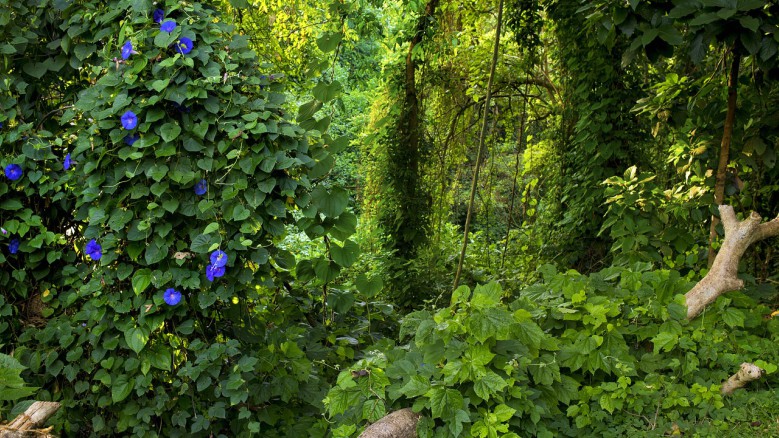
When you move young trees from their nursery beds for planting somewhere else, heavily pruning plants is best to compensate for the loss of the root mass.
They argue that pruning is necessary to reduce the amount of water the tree loses from the leaves. Although cutting off some branches can reduce the amount of water lost through the leaves, it is not helpful to trees because they need all the leaves to process food.
Here's What You Should Do Instead!
An unpruned tree develops a more comprehensive root structure than one pruned at the time of planting. Therefore, limit pruning to damaged branches.
Walkout on Wisdom-Stingy Bloggers and Free to a Better Place: Join Enterprising Insiders and Enjoy Wisdom on Zala Hub Every Week!
You will appreciate that wisdom and knowledge are not the same.
Help is here for ordinary folks who want to dig deeper and get their hands dirty:
- Understand common insects, birds, and animals and the benefits and dangers they pose to your health and environment.
- Offer tips and solutions on how to benefit from them or avoid being infected, stung, bitten, or harmed by the lethal ones, even if someone fears them like death.
- Offer nuggets of wisdom we can learn from and escape to a better place.
In other words, we publish Zala Hub for people who want to learn about:
- Birds
- Insects
- Animals
- Forested grasslands of Africa
- Beneficial animals, birds, and insects
- Dangerous animals and insects
- How to protect yourself from harmful insects and animals
- The lessons we can learn and apply from the natural world
We cover all topics associated with our stated goals. Examples of stuff we discuss include:
- Animal and bird behavior
- Latest discoveries about animals, plants, and birds
- Birding
- Pests
Our Slickest Weapon: The we do Things and the Wisdom on Zala Hub and Zala Lessons are Different
There is a lot of information about animals, birds, and plants. We bring you the articles in a language that is accessible and the best advice to improve your situation. At Zala Hub and our related website, Zala Lessons, we do the following:
- Publish concise information – We realize that our readers have limited time. They have jobs that keep them busy and families to look after, and they need time for themselves. We give information that goes right to the point.
- We ease your work – We explain complex scientific issues in a manner that is easy to understand. You do not need a college education to appreciate the advice given on Zala Hub.
- We say it as it is – We provide honest, unbiased information.
- Step-by-step approach – Our articles follow a step-by-step process so you can track them easily. This method eases understanding, which increases your enjoyment as you search for information.
- 80/20 rule – We focus on the critical things that bring out the most results in your life. We give you the 20% of tasks that bring out 80% of the outcomes.
- We show you nuggets of wisdom from the natural world you can apply and escape to a better place!
Let the Wisdom on Zala Hub Inspire you: Join 25,000+ Plant, Animal, and Plant Enthusiasts!
The newest content is on top of our blog. Watch out for a link to Zala Lessons at the bottom of some articles regarding the wisdom the natural world displays.
Second, we aim to post new content regularly; you are welcome to check for updates or follow us on Facebook.
And finally, quality content, a regular feature at Zala Hub, is accessible to our email subscribers first. Click here to join the 25,000+ plant, animal, and plant enthusiasts who read our blog regularly.
Learn About Birds
How Are Emperor Penguins Able To Speed Through Water?
Why Do Quail Eggs Hatch At The Same Time?
Why Are Swifts Not Blown Away By Wind While They Sleep?
What Methods Do Fish-eating Birds Use To Catch Fish?
Learn About Insects
When Ants Leave Their Nests To Look For Food, How Do They Find Their Way Back Home?
What Are Some Of The Most Important Factors In Beekeeping?
How Does A Bombardier Beetle Spray Boiling Liquid And Steam On Predators Without Being Hurt?
What Is The Difference Between Butterflies And Moths?
How Do Dragonflies Differ From Damselflies?
Why Do Fireflies Produce Intermittent Light?
How Is A Jumping Spider Able To Perform Precise Jumps?
Learn About Animals
Which Animal Feeds Its Young On Its Unfertilized Eggs?
What Is Unique About The Gastric Brooding Frog?
How Does The Cuttlefish Change Color Instantly?
Learn About The Grasslands of Africa
Be the first to know when we post a new nuggets of wisdom on Zala Hub. Read exciting and educative articles about the natural world!

"This website is always a huge help when it comes to learning about birds, insects, and other natural things. It's one of the top resources I recommend to others looking to do the same."
Elias Toukr - Animal Activist
